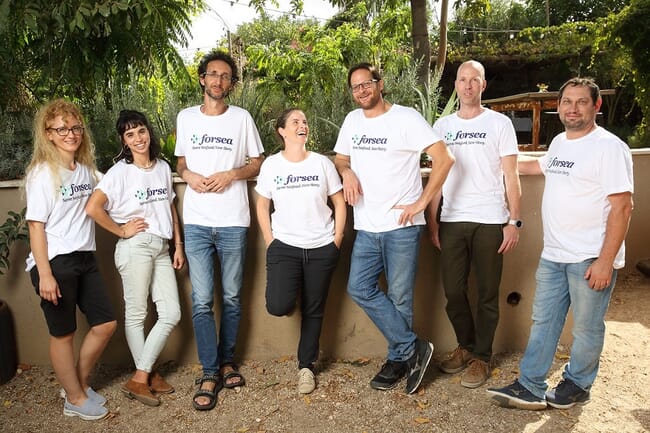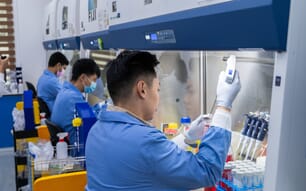
The startup has announced that its organoid technology reached a record-breaking cell density of more than 300 million cells/ml, and with minimal and precise use of cultured media ingredients.
According to Forsea, this will help to pave the way for “a scalable and highly cost-effective supply for the hugely popular traditional Japanese delicacy, eel (unagi) whose availability has been significantly hampered by overfishing and the destruction of aquatic ecosystems”.
Forsea is currently focusing on manufacturing cultured freshwater eel due to the immense market potential, particularly in Japan, which recorded sales of 140,000 tonnes in 2023 – 50 percent of the global total. However, freshwater eel is endangered and cannot be commercially bred in captivity.
Forsea notes that its patent-protected platform bypasses the scaffolding stage of cell-cultivation and is less dependent on expensive growth factors, enabling price parity with conventional eel.
After completing its proof-of-concept continuous harvesting process, Forsea reports it is ready to take production of its cultured fish products to the next phase of commercial scale-up.
“Forsea’s organoid technology requires less capital expenditure than other technologies,” said Roee Nir, founder and CEO of Forsea, in a press release. “Achieving this level of cell density with minimal resources will translate to substantial reductions in the unit of economics and will bring cultured seafood production to a cost that is actually below the traditional market price.”




